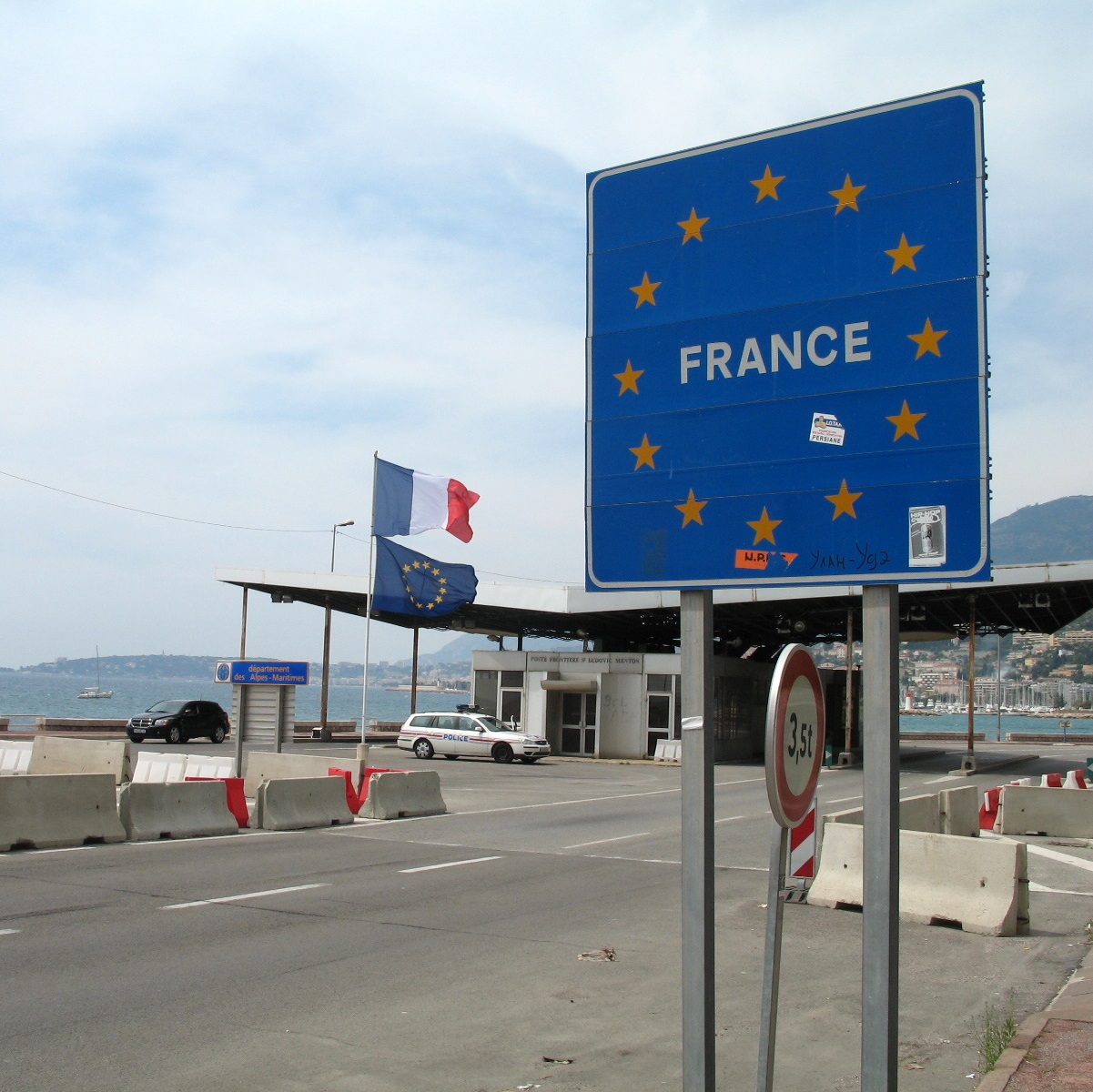France’s Border Practices With Italy Are Not Compliant With EU Law, Organisations Complain
Summary
- Organisations have complained about France’s border practices, saying that they are not in line with the EU law.
- The European Union Court of Justice has required France to align its border practices.
- The observations of advocacy groups indicate that border practices at the Franco-Italian border have not evolved.
In a recent ruling, the European Union Court of Justice (CJEU) has declared that France must align its border practices, particularly at the Franco-Italian border, with the EU law.
Such a decision from the Court comes as the French government introduces a bill on asylum and immigration to the Senate.
Following the ruling of the Court, several organisations welcomed the decision, saying that France needs to make improvements and not deviate from the usual free movement principle in the Schengen Area, SchengenVisaInfo.com reports.
Mille Babords said that together with other organisations, they have consistently protested against these practices, seeking intervention from French courts.
According to the organisation, the actions of France have led to the confinement and expulsion of individuals, denying them access to fundamental rights such as the right to asylum and an effective remedy.
Since 2015, France has reestablished controls at its internal borders as an exception to the principle of free movement within the Schengen area. And since that date, it has locked up in makeshift buildings and pushed back foreign people to whom it refused entry into the territory, particularly at the Franco-Italian border.
Mille Babords
According to Mille Babords, the decision of the CJEU outlines obligations for the EU Member States in such scenario, including notifying individuals denied entry, providing access to effective remedies, granting a period of voluntary repatriation, and imposing detention only in accordance with the conditions outlined in the “Return” directive.
However, despite the decision of the CJEU, the report of Mille Babords says that observations by advocacy groups indicate that border practices at the Franco-Italian border have not evolved.
The report notes that facial checks at authorised crossing points and “refusal of entry” procedures continue without any proper examination or individual assessments.
According to it, both adults and minors are subject to detention without the possibility to request asylum, challenge confinement measures, or access legal representation.
In addition to the above-mentioned, the report says that border police who have been questioned by elected officials clarified that no directive has been issued to them following the decision of the CJEU.
Because France persists in its refusal to comply with EU law, illegal practices persist, and dozens of people continue, daily, to be victims of the violation of their fundamental rights.
Mille Babords
The Council of the State is not expected to take into account the decision of the CJEU and bring to an end the border practices highly criticised by the organizations.

